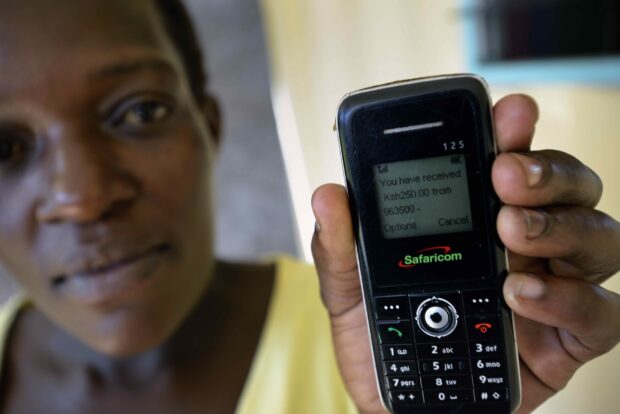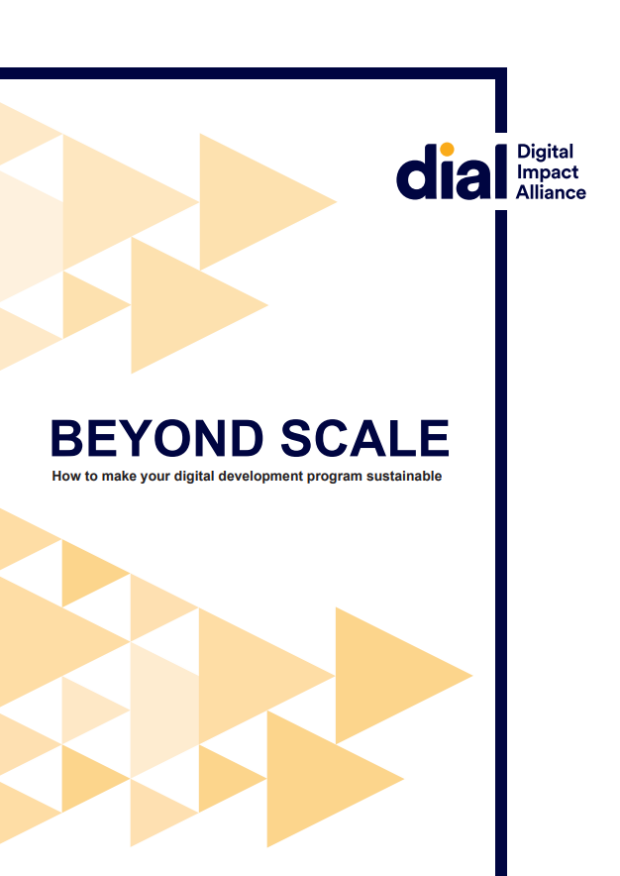This paper is part of the Beyond Connectivity dossier created by Heinrich-Böll-Stiftung to discuss pathways to a needs- and values-based approach to working with partner countries for digital development. It was originally published by their Washington, DC office in January 2022.
U.S. policymakers are showing a markedly increased interest in addressing the persistent digital divide in low- and middle-income countries (LMICs). An examination of digital policy trends points the way to how the U.S. government can channel its resources and work effectively with allies to meet the stated needs of LMIC stakeholders, while promoting the values that underpin liberal democracies, including the right to privacy and to freedom of expression.
Through a combination of desk research and consultations with subject-matter experts, as well as with current and former government officials from the U.S. and LMICs, this paper offers key findings around:
- The democratic, economic, and humanitarian motivations behind growing policy attention to digital transformation in LMICs;
- The lack of funding, strategy, and enabling legislation stymieing the American response to the global digital divide;
- The remarkably clear and consistent LMIC policymaker recommendations for more effective U.S. engagement and partnerships;
- The importance of sharing resources, developing mechanisms for coherent cross-border regulation, building capacity, and keeping dialogue open to serve as a true partner in the digital journeys of LMICs; and
- The need for U.S. coordination with democratic allies in its response to the global digital divide, notably when setting financial conditions and establishing common, overarching values frameworks to govern digital infrastructure.






